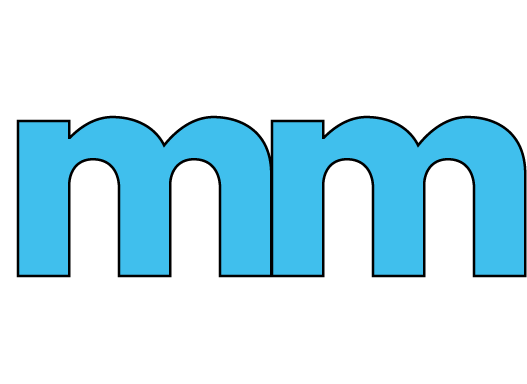Two days last week, I had the opportunity to go to the county regional education service agency to partake in some professional development based on assessment. My role was to seek ways to bring this back to our staff, most likely in a summer institute. The two days were riveting, as the ideas around assessment are finally starting to progress. The workshop, provided by Solution Tree, focused on the idea of the Design in Five methodology to assessment, but the real value came in the conversations around assessment.
The workshop was very beneficial, as it was a reassurance of the importance of things I believe to be true in education. Formative assessment, student engagement, and providing meaningful feedback. The workshop was very engaging and helped to solidify ways that I can help my staff use the ideas in meaningful ways (we had a conversation based on the topics at lunch today!).
For starters, the workshop stressed the importance of formative assessment. By formative assessment, I mean engaging the students in some form of assessment that then informs what and how we teach. If we do not engage our students in meaningful formative assessment that informs our teaching, we are wasting our time in the classroom. We need to have formative assessment that is tied to learning outcomes. As the workshop provider, Nicole Dimich Vagle indicated, formative assessment should mirror your summative assessments. If it does not, there is a significant disconnect between the two types of assessment in your classroom.

Student engagement was also a key of the workshop, as well as the overarching methodology. If I were to ask you, what is more engaging, Webb’s DOK level 1 or level 4 for a student, what would you say? As George Couros implies that no student has ever talked about their life changing standardized assessment. The key to student engagement is finding new, creative ways to assess their knowledge, not in the form of a bubble on a test. While this adds a significant amount of work, the challenge for teachers would be to finds ways that they can easily do this in their classroom. I know it is possible. And, if we are being honest, many of our Common Core State Standards, Next Generation Science Standards, and our Social Studies Standards cannot be accurately assessed with a single or series of multiple choice questions (look at the verbs of the standards!). While I know this is more burdens to an already burdened profession, it is essential that we start to develop these outcomes for our students if we want them to be successful in the newer economy.
Finally, meaningful feedback is key. How do we assess our students? Do we put a grade on the top of the paper and then hand it back? Where does that end up? How many students thumb through the work to see exactly what they got wrong? In my experience, a lot of work is for a grade because we are not in the growth mindset. As we start to push our students up levels of the DOK wheel, we should be providing our students with feedback and opportunities to improve their learning. The goal of teachers in the classroom is to improve student outcomes. If a student corrects their work, this should be reflected in their overall marking. While I know that many teachers get caught up in deadlines and grades for their students, we should ask ourselves what our overall goals are for our students. I would also challenge you to think about your current profession. If you miss a grade deadline, what happens? Do you see 50% of your paycheck taken? What’s that say about the overall quality of your work? I am not sure we are clear on the message that we are sending our students when they miss a deadline. I would argue that we need to focus on the learning, not the time table. My goal and belief is that every student can learn, but some take a little longer than others. We need to acknowledge that in our classroom practices. What do you want kids to do with technology?
What do you want kids to do with technology?
The workshop was meaningful, and armed with the knowledge to take back to my staff, I look forward to the learning, both professional and student, that our district is going to experience. I think that it is incredibly meaningful to start to examine what our students need to get out of their educational experience as our world shifts. Moving up the DOK wheel is essential, as Siri, Alexa, Cortana, and Ok Google have a lock on those levels. What will distinguish our students from low level artificial intelligence? As Bill Ferriter asks, what do we want our students to do with technology?
